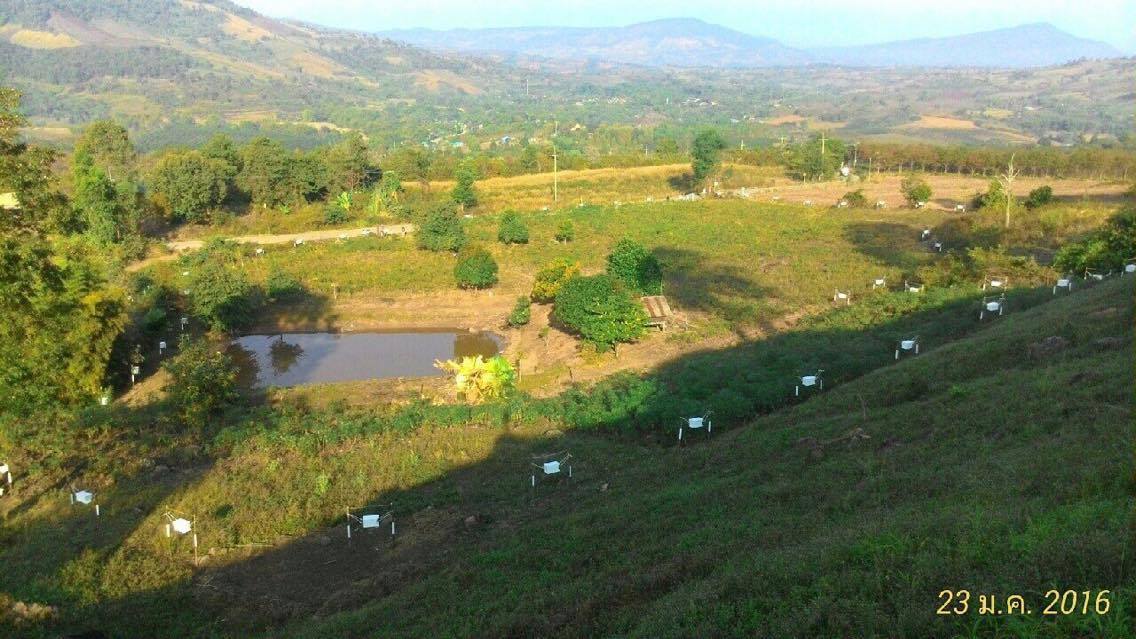The borderland between Thailand and Myanmar harbours one of the largest remaining populations of the Asian elephant: Elephas maximus.
In 1965, Salakpra Wildlife Sanctuary was established in this area, the very first wildlife reserve of Thailand. Elephants found a safe haven here until, about half a century ago, human activities began to intrude on their habitat. Illegal logging, forest fires and expanding farms increasingly thwart elephants’ efforts to find food, water and space, causing them to look for it in human habitat. Often, the ensuing conflicts end in violence, for people and animals both. Usually farmers use electrified fences and firecrackers to deter elephants from their fields and water sources, but these fences are expensive and often ineffective. Without intervention, this explosive situation will continue. Together with local communities, we scout new paths to enable a harmonious coexistence between people and elephants.
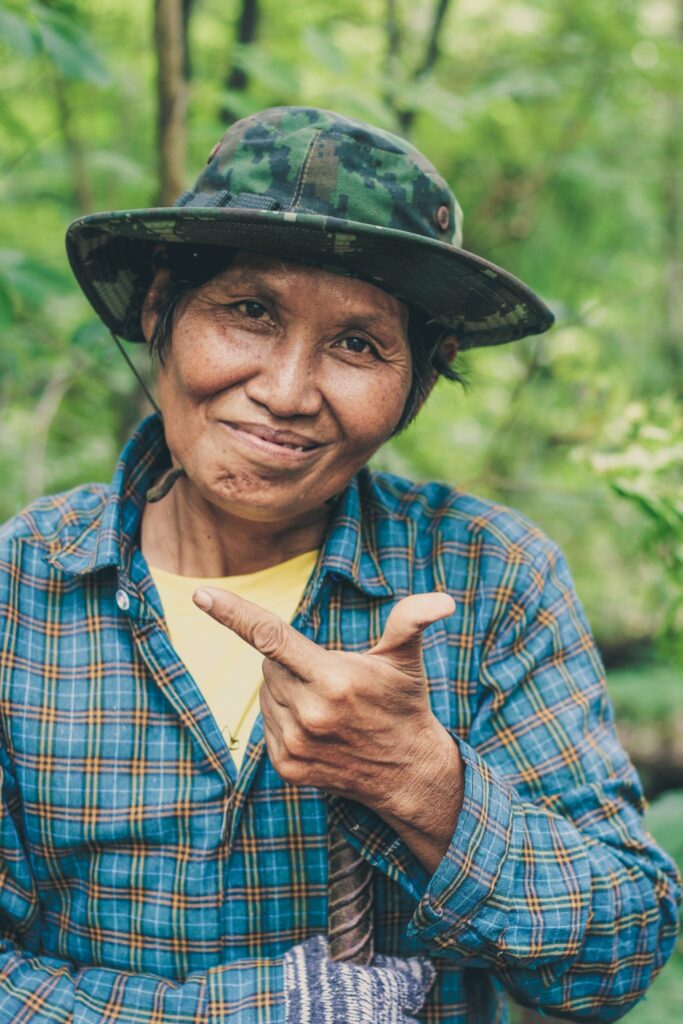
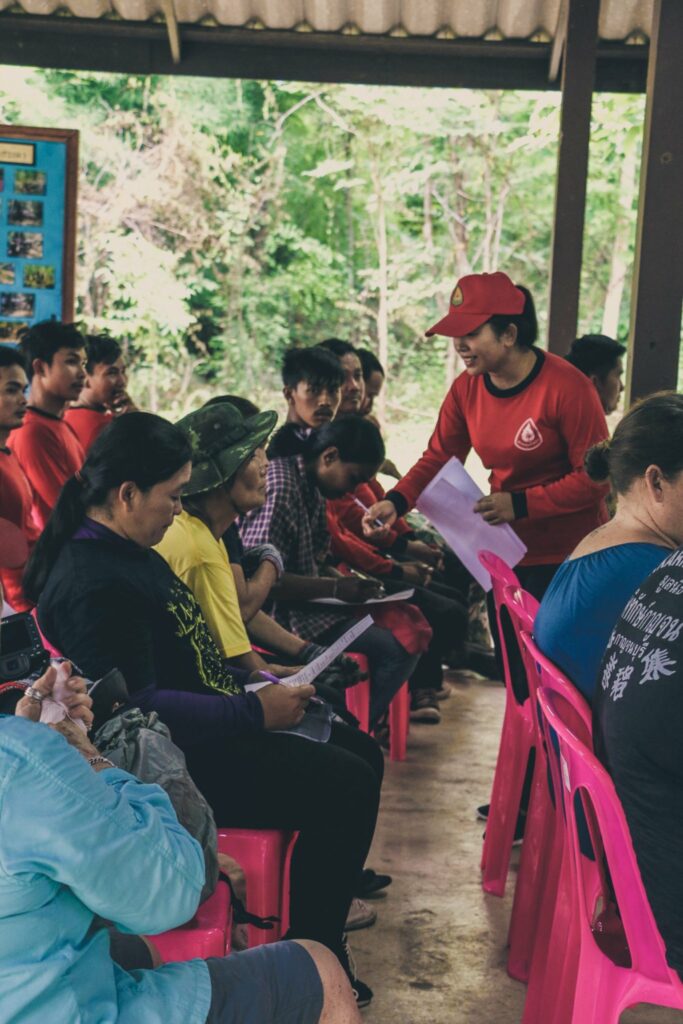
Nature conservation bottom up
Since 2012, Bring The Elephant Home has worked in Chong Sadao, Kanchanaburi, located at the southern part of Salakpra Wildlife Sanctuary. Together with villagers, we restore forests and build small dams to provide elephants with food and water, thus lessening the need for them to wander out of the protected area. We fund villagers to do this work, and together we develop knowledge about ecological restoration.
In 2015, Bring The Elephant Home received a grant from the Critical Ecosystem Partnership Fund (CEPF)* in the context of the Conservation Leadership Program. This unique training trajectory enabled us to continue and develop our work in Salakpra. A team, consisting of community leaders and reserve employees now researches innovative and nonviolent methods to mitigate human-elephant conflict, and implements them. The team designed a communal monitoring plan; farmers grow crops that elephants don’t eat, and there are experiments with beehive fences.
In 2017, we were able to expand the Conservation Leadership Program to our Bee The Change project in Chanthaburi. Particularly fruitful were the knowledge exchange trips we organised to Phuluang Wildlife Sanctuary and Kaeng Krachan National Park.
In 2018, we co-hosted with the IUCN a Workshop on Conflict Mitigation and the Process of Sustainable Coexistence between Human and Elephants in Chanthaburi. There, we discussed short and long-term solutions to lessen Human-Elephant Conflict with community leaders, national park officials, social movements, organizations, and charities.
During this workshop, groups of leaders whose task is to lessen Human-Elephant Conflicts in the area were created, and a set of guidelines and primary standards to lower these conflicts was established. Among these guidelines are found various short and long-term strategies such as:
- The importance of understanding each other.
- Providing budge to ensure peoples’ safety and a suitable number of staffs to deal with local issues.
- Respecting the communities’ rights to decide, and not imposing any methods on them.
- Offering constructive suggestions to local communities that do not lead to conflicts between government staff and people.
- Improving the welfare of people to foster better environmental awareness.
- Maintaining efficient public communication for people to understand the problems better.
- Keeping transparency in the budget for Human-Elephant Conflict mitigation to ensure taxes are well spent on valuable and efficient solutions.
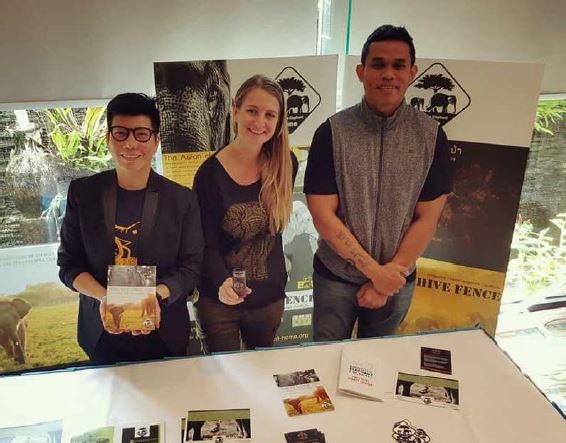
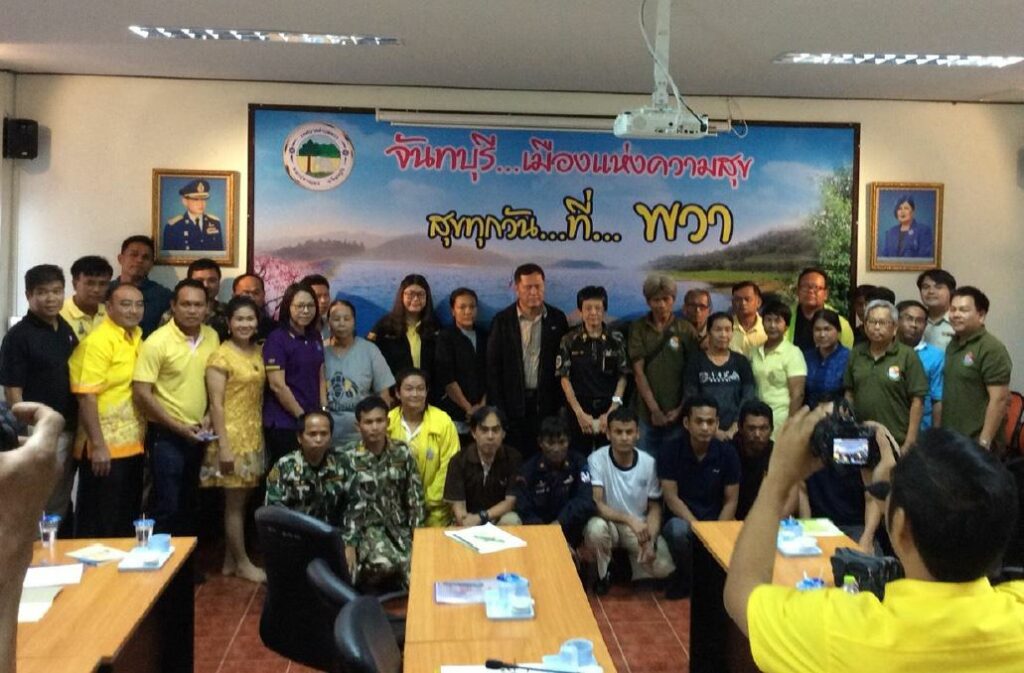
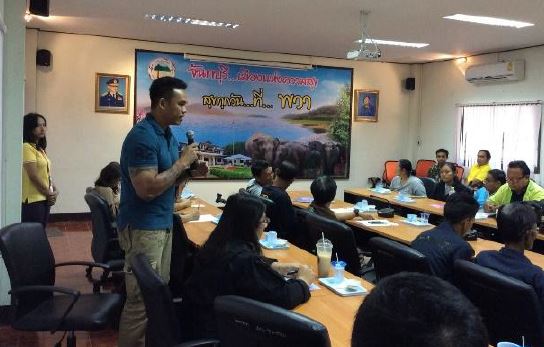
* The Critical Ecosystem Partnership Fund (CEPF) is a joint initiative of ‘l Agence Française de Développement, Conservation International, the European Union, the Global Facility, the Japanese government, the MacArthur Foundation and the World Bank.
News and updates
2022-12-22 First Year Completion of Elephant Behavioral Studies in Kuiburi National Park
2022-10-24 Elephant Behavioral Studies in Kui Buri National Park
2022-04-18 Trialing Camera Traps (Brooke Friswold, blog 1)
